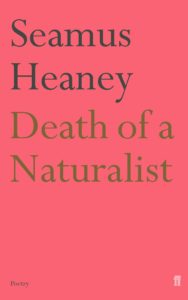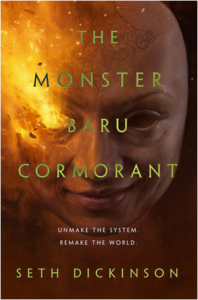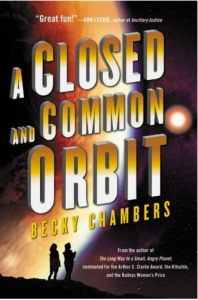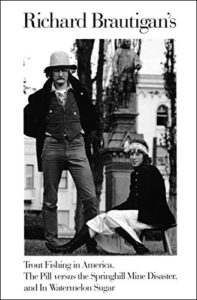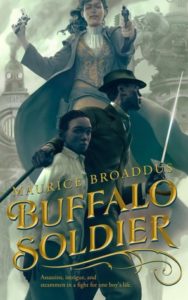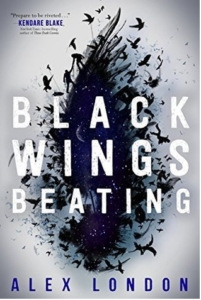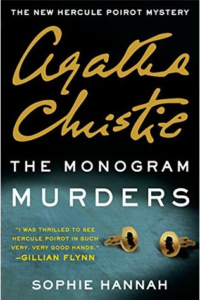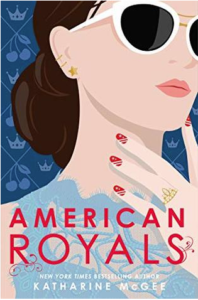Ideally, of course, I would take the time to live with Death of a Naturalist for a good long while, absorbing the images, being surprised by new readings, seeing more levels of meaning on re-reading, having some poems shift from mild interest to true favorite, having others fade only to be rediscovered later and seem as fresh as on the first reading. And maybe some of that will happen. I can imagine that I will return to this collection, as I have to his Nobel lecture, Crediting Poetry, or as I do to Philip Levine’s collections (most notably What Work Is). I’ve recently ordered Maria Dahvana Headley’s Beowulf, though it will take some time to arrive in Berlin, and so I may go back to Heaney’s translation, which I remember enjoying back when it was new. And I think I know where my copy of Jan Kochanowski‘s Laments is, a masterpiece of Renaissance Polish writing, which Heaney translated along with Stanislaw Baranczak, and which once upon a time I could more or less manage in Polish with the English alongside.
All of which is to say that back in January when I was writing about Stepping Stones I was not quite right when I said that I was coming to his poetry sideways but definitely right when I said I would be glad to read a full collection of his original works. I followed the Frumious motto in selecting Death of a Naturalist, and as much as I want to keep getting more from this volume, I am also looking forward to his second, Door Into the Dark.
Death of a Naturalist is a short book of short poems: 44 numbered pages, only one poem more than two pages long, most of them fitting on a single page. The collection was published in 1966 when Heaney was 27, and though he writes without referring to a specific time, he draws on the rural Ireland of his childhood, youth and young manhood. As he describes those years in his Nobel lecture, “In the nineteen forties, when I was the eldest child of an ever-growing family in rural Co. Derry, we crowded together in the three rooms of a traditional thatched farmstead and lived a kind of den-life which was more or less emotionally and intellectually proofed against the outside world. It was an intimate, physical, creaturely existence in which the night sounds of the horse in the stable beyond one bedroom wall mingled with the sounds of adult conversation from the kitchen beyond the other.”
And so the poems are, at least in part: intimate, physical, featuring the occasional creature but far from proofed against the outside world; instead starting from that close space and reaching out into a wider world in both time and space. Here’s Heaney announcing himself in the very first poem, “Digging”:

